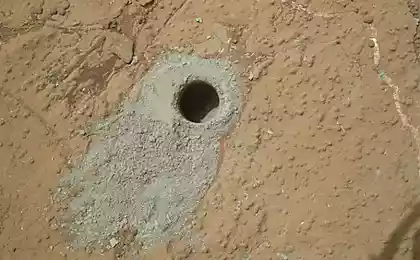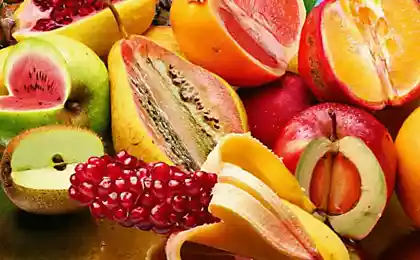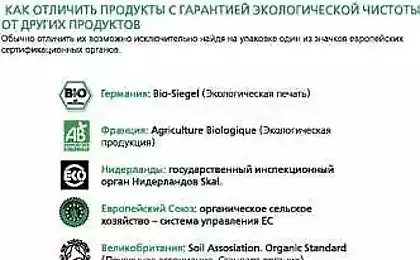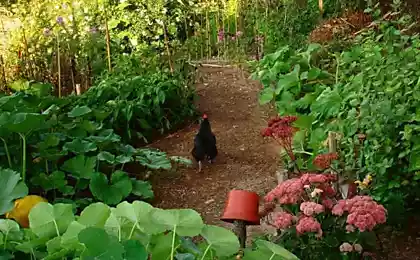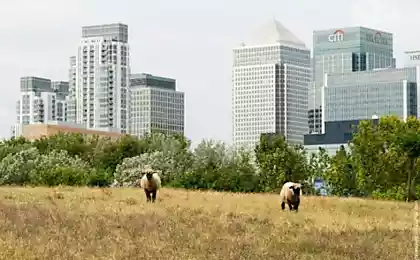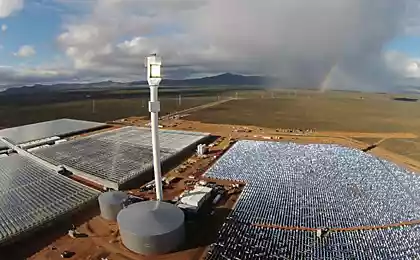492
Organic farm and biodiversity
According to the future book by Elizabeth Kolbert The Sixth Extinction, humans cause the greatest mass extinction since the dinosaur era.
This means that we must seek all possible outlets to save precious species, including those fields where the farmers grow our food. There is good news. Organic farm clear Champions when it comes to the conservation of biodiversity.
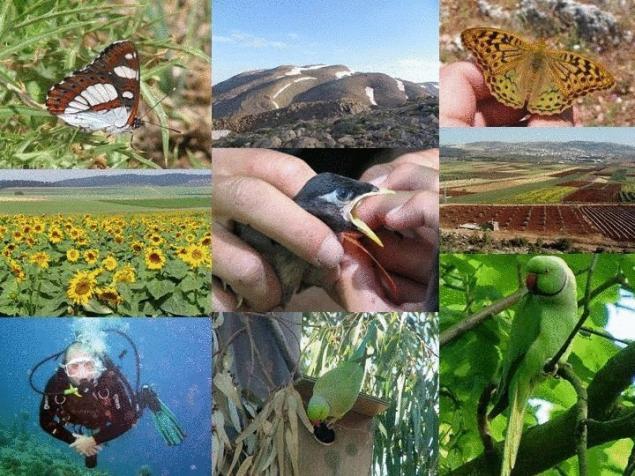
Looking back on 30 years of data from British and Swedish researchers have clearly determined that organic farms play an important role in the conservation of a wider diversity of species compared to farms that use synthetic chemical substances.
On average, organic farms support 34% more plant, insect and animal species than chemical analog of the farm. Interestingly, the benefits of biodiversity has remained stable over the 30-year period.
"Our study showed that organic agriculture, as an alternative to conventional rural farms, can yield significant long-term benefits for biodiversity," says Sean Tuck, PhD, Professor of plant Sciences at Oxford University and lead author of the study. "Organic methods could go some way to preventing further loss of diversity in industrialized countries."
Why is biodiversity so important?
First, it helps to save your grocery costs. Pollinators such as bees and bats provide free pollination services, saving billions of dollars annually. A new study has shown that the number of different species of bees, and 50 percent higher on organic farms compared to fields treated with artificial chemicals. More biodiversity economy also eradicate the need for use of chemicals, as many pests are controlled by beneficial insects.
The study's authors say, instead of spraying chemical pesticides and fertilizers, organic farms typically rely on mixed methods of crop rotation and natural fertilizers such as compost.
So, if you already eat organic food, Pat yourself on the back. The benefits go far beyond chemical free food that you feed your family, you also help to preserve important species.
You can encourage biodiversity in your backyard
Source: agracultura.org/
This means that we must seek all possible outlets to save precious species, including those fields where the farmers grow our food. There is good news. Organic farm clear Champions when it comes to the conservation of biodiversity.

Looking back on 30 years of data from British and Swedish researchers have clearly determined that organic farms play an important role in the conservation of a wider diversity of species compared to farms that use synthetic chemical substances.
On average, organic farms support 34% more plant, insect and animal species than chemical analog of the farm. Interestingly, the benefits of biodiversity has remained stable over the 30-year period.
"Our study showed that organic agriculture, as an alternative to conventional rural farms, can yield significant long-term benefits for biodiversity," says Sean Tuck, PhD, Professor of plant Sciences at Oxford University and lead author of the study. "Organic methods could go some way to preventing further loss of diversity in industrialized countries."
Why is biodiversity so important?
First, it helps to save your grocery costs. Pollinators such as bees and bats provide free pollination services, saving billions of dollars annually. A new study has shown that the number of different species of bees, and 50 percent higher on organic farms compared to fields treated with artificial chemicals. More biodiversity economy also eradicate the need for use of chemicals, as many pests are controlled by beneficial insects.
The study's authors say, instead of spraying chemical pesticides and fertilizers, organic farms typically rely on mixed methods of crop rotation and natural fertilizers such as compost.
So, if you already eat organic food, Pat yourself on the back. The benefits go far beyond chemical free food that you feed your family, you also help to preserve important species.
You can encourage biodiversity in your backyard
- Use organic methods of growing lawns, not chemicals to your yard look great.
- Grow native plants; just do not buy them in large supermarkets, they often irrigate plants with pesticides that kill bees.
- Create a friendly yard for the birds
- Create your own veggie garden to grow a family Foundation organic seeds, to preserve rare varieties.
Source: agracultura.org/


